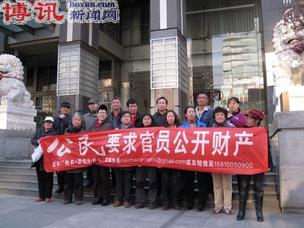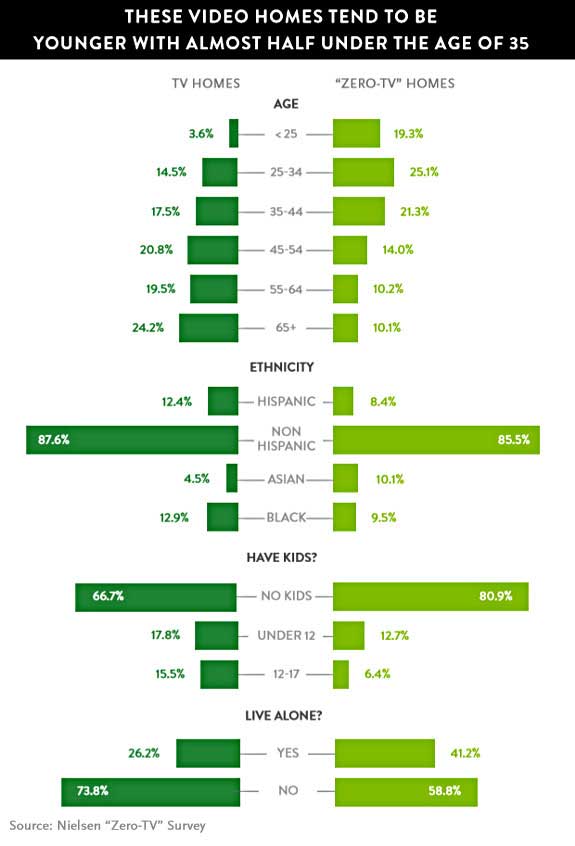Taiwan
confirmed an H7N9 bird flu infection in a traveler returning to the
island from China, the first incidence of the killer virus spreading
outside the mainland.
A 53-year-old Taiwanese man tested positive
for the strain of avian flu after a business trip to the eastern city
of Suzhou and returning to Taiwan via Shanghai, Minister of Health Chiu
Wen-ta said at a briefing in Taipei yesterday. The patient, who is in
critical condition in an isolation room, didn’t come into contact with
birds and poultry, Chiu said.
The first discovery of the virus
outside China, 10 years after an outbreak of severe acute respiratory
syndrome, or SARS, may lead to increased scrutiny of travelers into and
out of the country. Taiwan’s largest trade partner is battling to
control spreading of the virus, which so far has killed 23, according to
data compiled by Bloomberg from reports released by the government and
World Health Organization.
“With any new influenza virus that
emerges, the concern is that it could genetically mutate to become
easily transmissible between human beings,” Raina MacIntyre, a professor
of infectious diseases at the University of New South Wales, said in an
interview before the announcement of Taiwan’s confirmed case. “With all
past pandemics, and even with SARS, they were spread around the world
by travel.”
No Exposure
Suzhou is in Jiangsu province,
where more than 20 cases of the new bird flu strain have been reported.
China has tallied 109 infections since the virus was discovered in
March.
Taiwan’s Centers for Disease Control said in a statement
that the infected male “had not been exposed to birds and poultry during
his stay in Suzhou and had not consumed undercooked poultry or eggs.”
He developed his illness three days after returning to Taiwan and came
in contact with at least 139 people including 110 hospital workers,
according to the CDC.
Authorities are monitoring three medical
staff who have exhibited symptoms of upper respiratory infection after
coming in contact with the patient wearing protective gear, it said.
Three others who came in contact without wearing protective gear have
shown no symptoms, and are also being monitored.
In respect to
human-to-human transmission, “absence of evidence is not evidence of
absence,” said Ian Mackay, an associate professor of clinical virology
at the University of Queensland in Brisbane, in an e-mail late
yesterday.
Past Experience
“There is also no publicly
available data to indicate that H7N9 is not easily transmitted via a
human-to-human route,” Mackay said. “If there is any tiny upside to this
news tonight, it’s that perhaps we will see this testing conducted.”
The
SARS virus, which killed more than 770 worldwide, arrived in Taiwan
from China in February 2003 before infecting 346 people locally. There’s
no evidence that H7N9 is easily transmitted among people, the WHO has
said.
Infection control in Taiwan works fast as a result of its
previous experience with SARS, Minister of Health Chiu told Bloomberg
News. The discovery of H7N9 comes exactly a decade after SARS forced a
shutdown and quarantine of an entire Taipei hospital. Administrators at
Hoping Hospital were tried in court and found not guilty of an alleged
cover-up of infections that led to the spread of the virus, the
Taipei-based Liberty Times reported.
To contact the reporters on
this story: Tim Culpan in Taipei at tculpan1@bloomberg.net; Yu-Huay Sun
in Taipei at ysun7@bloomberg.net
To contact the editor responsible for this story: Jason Gale at j.gale@bloomberg.net
















































